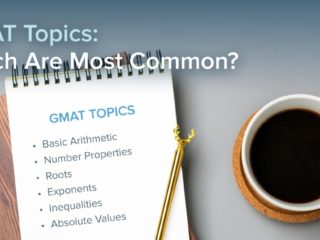Last Updated on May 11, 2023
GMAT OFFICIAL GUIDE DS
Solution:
We are given that three dice (numbered 1 to 6) are tossed and that the sum of the three numbers facing up is 12. We need to determine whether one of these numbers is 5.
Statement One Alone:
None of the 3 numbers that are facing up is divisible by 3.
The information in statement one is not sufficient to answer the question. The numbers facing up could be 4, 4, and 4, and none of these numbers are 5. However, the numbers facing up could be 5, 5, and 2, and at least one of these numbers is 5. Statement one alone is not sufficient to answer the question. We can eliminate answer choices A and D.
Statement Two Alone:
Of the numbers that are facing up, 2, but not all 3, are equal.
The information in statement two is not sufficient to answer the question. The numbers facing up could be 3, 3, and 6, and none of these numbers are 5. However, the numbers facing up could be 5, 5, and 2, and at least one of these numbers is 5. Statement two alone is not sufficient to answer the question. We can eliminate answer choice B.
Statements One and Two Together:
Using the information from statements one and two, we can determine that the only way to obtain a sum of 12, when none of the numbers are divisible by 3 and when exactly two of the numbers are equal, is if the numbers facing up are 5, 5, and 2. Thus, at least one of the numbers is 5.
Answer: C



